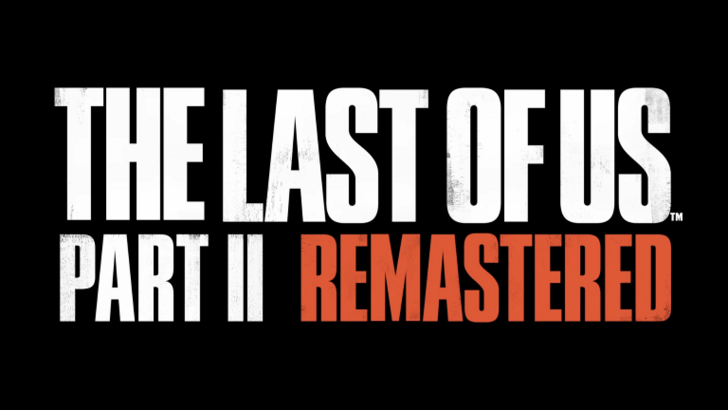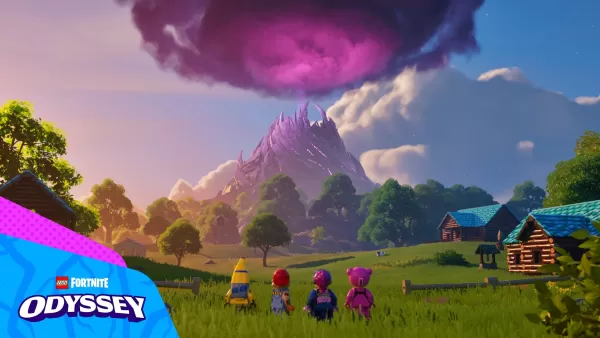The topic of turn-based games has been a recurring theme in role-playing game (RPG) discussions, especially with the release of Clair Obscur: Expedition 33. This game, which launched to critical acclaim last week, is a testament to the enduring appeal of classic turn-based RPG mechanics. Drawing clear inspiration from iconic titles like Final Fantasy VIII, IX, and X, as well as integrating action elements from games like Sekiro: Shadows Die Twice and Mario & Luigi, Clair Obscur offers a unique blend of strategic turn-based planning and dynamic action sequences. This hybrid approach has reignited debates on the future direction of RPGs, particularly within the Final Fantasy series.
In an interview with RPGsite, producer Francois Meurisse emphasized that Clair Obscur was designed as a turn-based game from the outset, aiming to capture the essence of its inspirations while adding its own twist. The game's success has fueled discussions on social media, with many citing it as evidence that turn-based systems remain viable and beloved, countering the shift towards action-based mechanics seen in recent Final Fantasy titles.
Naoki Yoshida, the producer of Final Fantasy XVI, has noted a trend where younger audiences express less interest in command-based RPGs, favoring more action-oriented gameplay. This perspective has influenced the direction of recent Final Fantasy games, such as Final Fantasy XV, XVI, and the VII remake series. Yet, Clair Obscur's success suggests that there is still a strong market for turn-based RPGs, prompting fans to debate whether Final Fantasy should reconsider its approach.
However, the situation is more nuanced than a simple call for Final Fantasy to revert to turn-based mechanics. Square Enix continues to support turn-based RPGs through other titles like Octopath Traveler 2, SaGa Emerald Beyond, and the upcoming Bravely Default remaster. While Final Fantasy has leaned towards action, it hasn't abandoned turn-based gameplay entirely.
The idea that Clair Obscur represents what Final Fantasy "should be" oversimplifies the unique aesthetic and identity that Final Fantasy has cultivated over the years. Each series has its strengths and should be appreciated for its own merits rather than being reduced to mere comparisons. Historical discussions around games like Lost Odyssey and debates about the relative merits of Final Fantasy VI versus VII illustrate the ongoing nature of these conversations within the gaming community.
Sales considerations also play a crucial role in game development decisions. Yoshida mentioned the need to balance creative desires with expected sales when discussing Final Fantasy XVI's direction. Meanwhile, Clair Obscur: Expedition 33's impressive sales figures of 1 million copies in just three days demonstrate that well-crafted turn-based RPGs can indeed achieve significant commercial success.
The success of other turn-based RPGs like Baldur's Gate 3 and Metaphor: ReFantazio further supports the argument that there is a robust audience for these games. Clair Obscur's launch is a promising sign for mid-budget RPGs, suggesting a potential resurgence in the genre.
As for whether Clair Obscur's success should prompt a radical shift in Final Fantasy's direction, it's not clear-cut. Square Enix's recent titles have faced challenges meeting financial expectations, reflecting broader industry trends and the high costs of developing major franchise entries. The key takeaway from Clair Obscur's success is the importance of authenticity and creative passion in game development, as highlighted by Larian CEO Swen Vincke's comments on the success of Baldur's Gate 3.
Ultimately, the gaming industry should continue to embrace diverse gameplay styles, allowing both turn-based and action-oriented RPGs to thrive. Clair Obscur: Expedition 33 stands as a shining example of what can be achieved when a studio remains true to its creative vision, offering a fresh perspective on a beloved genre.







![Chubby Story [v1.4.2] (Localizations)](https://images.737c.com/uploads/85/1719638042667f981a5e9f8.jpg)

